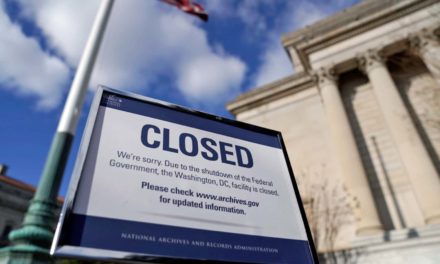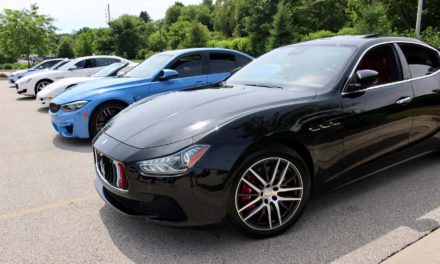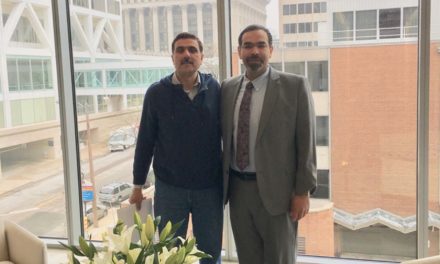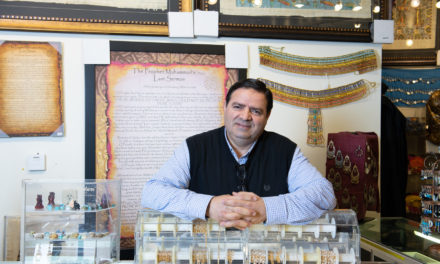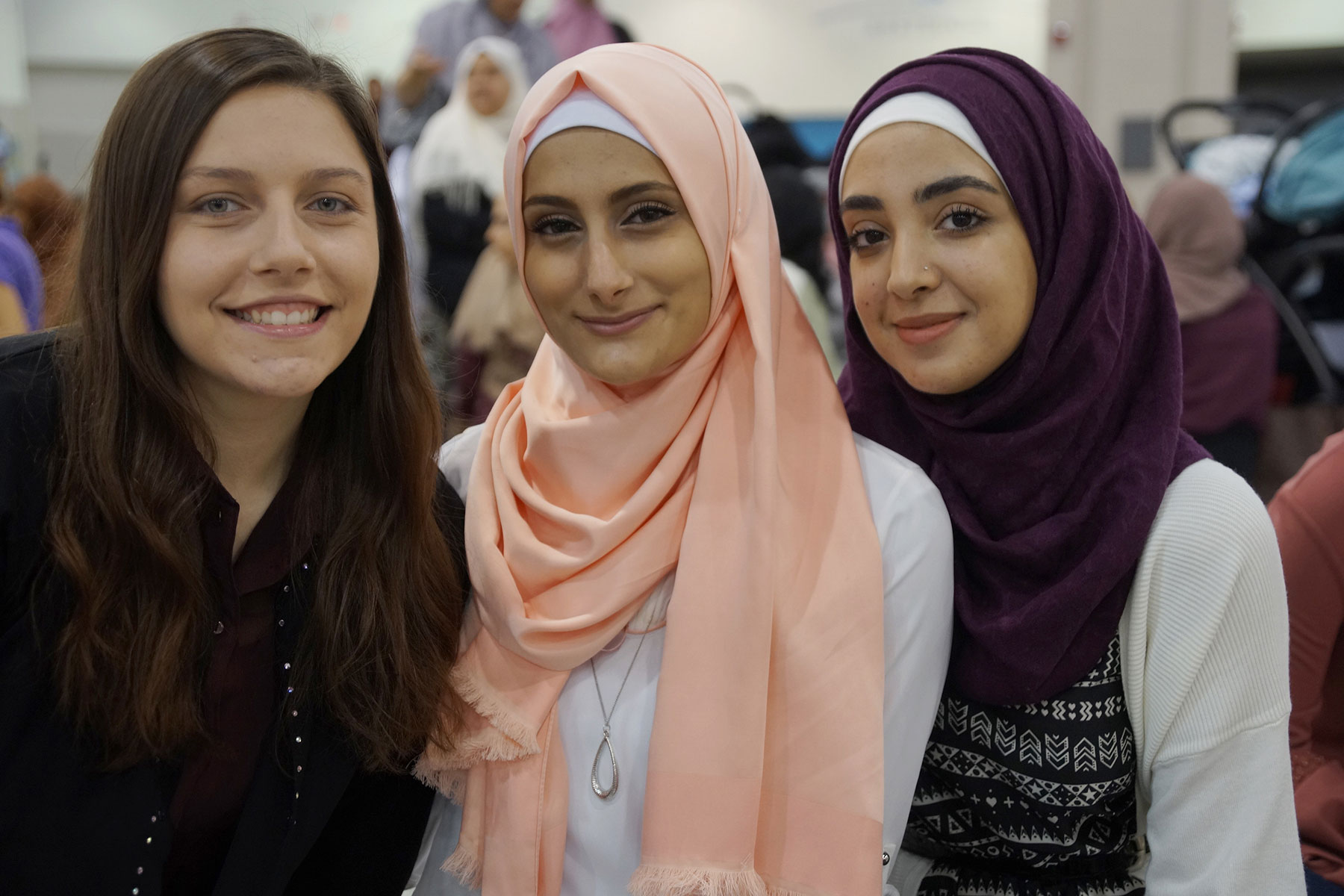
Today is Eid al-Fitr, what does that mean?
It is one of the two most important holidays for Muslims, it follows Ramadan, the month of fasting and is known as the “festival of breaking the fast.”
After an entire month of daytime fasting, special nightly prayers, community iftars (dinners after sunset), devotional activities and a more reflective behavior. Families and friends gather to congratulate each other on fulfilling an important pillar of Islamic practice. Ramadan marks the month Muslims believe their Holy Book, the Quran, was revealed to the Prophet Mohammed. The month of fasting and the celebration of Eid is in gratitude to God.
Eid al-Fitr celebrations focus on the community and family, and a spirit of generosity is encouraged. Every person, unless absolutely destitute, must give a special zakat or charity, which is given to those in need, or their fast is considered incomplete.
Since Muslims follow the lunar calendar, the end of the month of Ramadan is declared with the sighting of the new moon. Sometimes people not familiar with Muslim tradition are confused by the fact that there are some years, including this year where Muslims in different countries celebrate the Eid on two different days. There are two ways to determine the holiday and both are valid. Many Muslims in the west, follow astronomical data so they know well in advance when the holiday will take place. Others prefer tradition and the idea of going out to see the moon with the naked eye. In places where it may be cloudy or it is difficult to see the moon, people will fast an additional day and complete a 30 day fast. In almost all Muslim countries, Eid is a three day holiday.
On the day of Eid, Muslims will have a small breakfast, it will be their first daytime meal in an entire month. They will dress in new, very festive clothes, marking a spiritual renewal. They will gather in Mosques, halls, or large open spaces for special Eid prayers and a short sermon. In the United States, if Eid falls on a weekday and individuals are unable to take off of work or school, Mosques will hold special early morning Eid services. Others will gather in large halls or in parks for a community Eid, where people from all of the different Mosques gather to pray together. Gifts are usually exchanged and feasting is common place.
Greetings of “Eid Mubarak” or Blessed Eid can be heard everywhere.
EID MUBARAK FROM THE WISCONSIN MUSLIM JOURNAL!
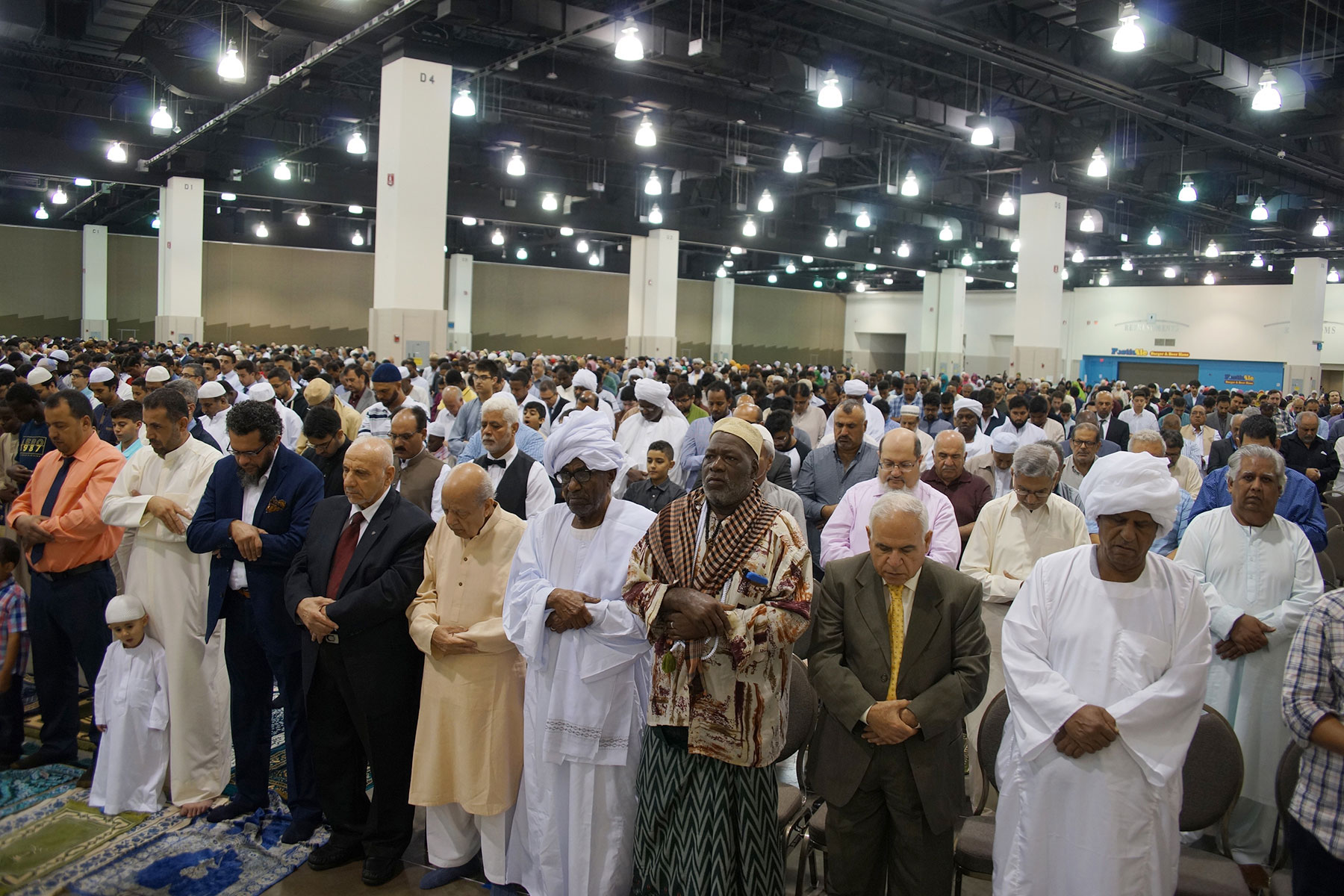
© Photo
Wisconsin Muslim Journal
